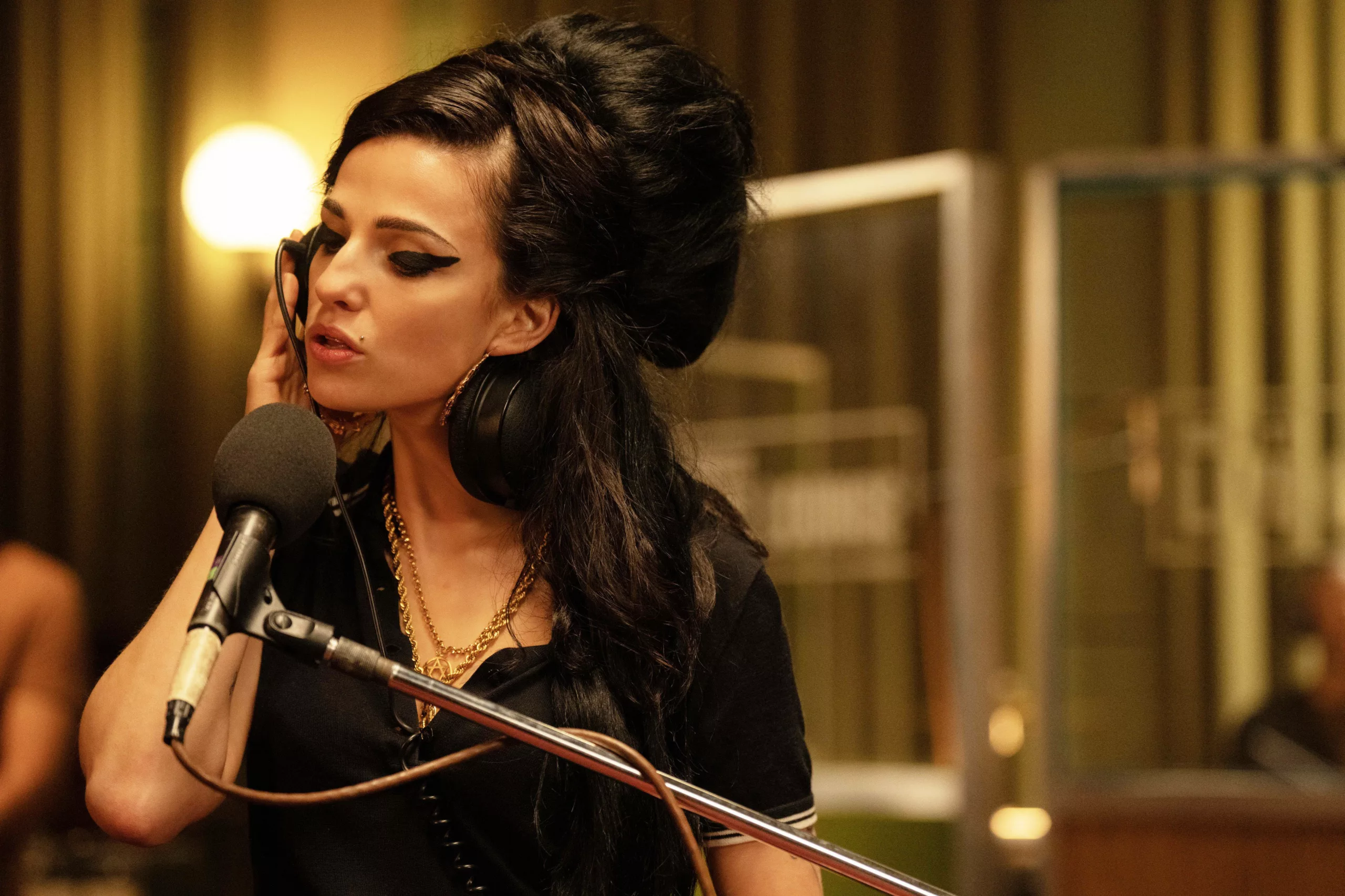
I’ve recently been thinking a lot about the biopic in cinema: what defines the biopic, can we call it a format or genre unto itself? The biopic – an artistic interpretation of someone’s life – is a subgenre laced with the DNA of documentary, and has become a domineering theme this film season.
With the recent releases of Back to Black, a dramatisation of one of the great female singer-songwriters of the 21st century, Amy Winehouse; the dramatic musical Bob Marley: One Love a fictional retelling of Bob Marley’s life; Christopher Nolan’s awards-sweeping Oppenheimer; Ridley Scott’s Napoleon; Bradley Cooper’s Maestro, a fictional depiction of Leonard Bernstein’s life and Sofia Coppola’s take on Elvis’ young wife in Priscilla, we are positively swimming in them.
I’m aware that one never really knows what goes on behind closed doors, and different filmmakers hold their own agendas.
As we as a collective audience get so entwined in our favourite public figures’ lives, there’s a specific importance placed on how well these figures are shown in the biopic. In Back to Black, Amy’s father, the working-class London cabbie Mitch (whom I’m personally unsure of through my own interest in Amy’s life) has a prominent role in Amy’s rise and fall from grace, and as an avid fan of hers, I have plenty to say regarding his influence on her decline. In the same breath, I’m aware that one never really knows what goes on behind closed doors, and different filmmakers hold their own agendas. If the complex, soulful melancholy of Amy’s voice, lyrics and life deserves privacy and respect, does the nature of the biopic taint this very pursuit?
When a biopic blows up, it can introduce a new swath of the public to an old famous face, pushing them back to the spotlight, but not always in the same way or to the same end. This is what happened with Netflix’s The Crown, a series that retold the history of the British royal family. When discussing it with a friend, they mentioned how pretty much all knowledge they had on the royal family was through the show, and how they would likely never invest the same time in reading a book on the royal family. The UK television drama Mr Bates vs The Post Office, detailing a postal scandal that dates back to 1999, garnered national outrage earlier this year, being discussed in Parliament and potentially forcing a change in legislation – all through awareness via a prime time show.

From Elvis to Joan of Arc, throughout time the biopic has been an audience pleaser and educator. A penchant for real-life stories leads the way within the entertainment industry right now, and the biopic is an opportunity to revisit the story of a notable figure in a way that documentary can’t, exacting the facts or feeding into myths and legends from the past.
When a biopic blows up, it can introduce a new swath of the public to an old famous face
We care how our heroes are defined, we really feel strongly if it has been a good representation, even more so if we feel our favourite people haven’t been clearly or fairly shown. Now more than ever, I wondered whether the biographical film has a duty to do right by its subject, a question that will surely differ from view to view and filmmaker to filmmaker.
Maybe an artist’s role is to be as poetic or realistic as they feel the work or its subject needs. Maybe the biopic will always be based on our own feelings and distance to the subject reflected on our screens. Or maybe truth will always be more captivating than fiction.
- Back to Black is in cinemas across Berlin now.


